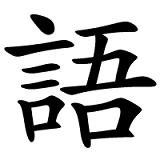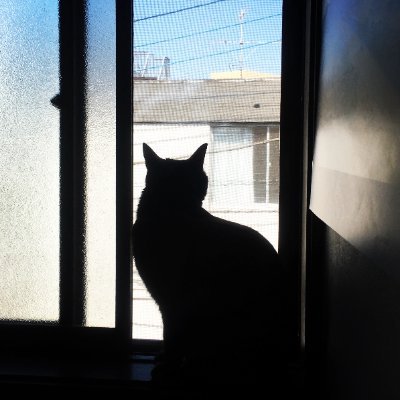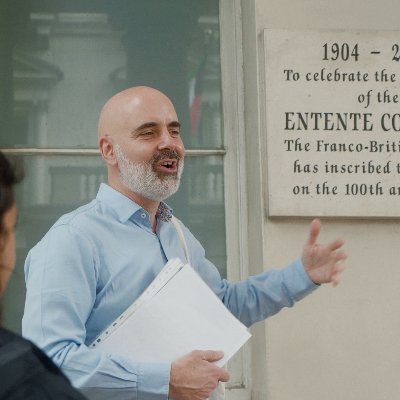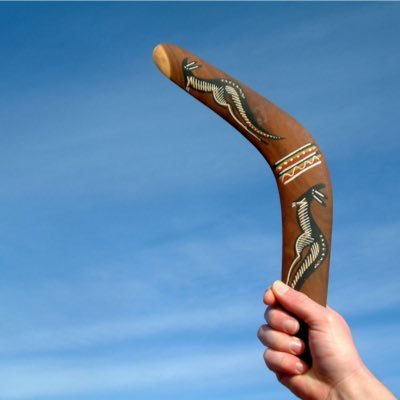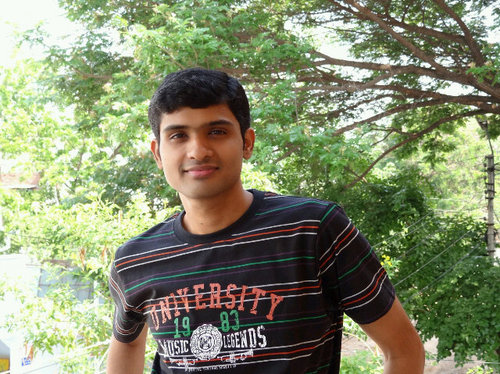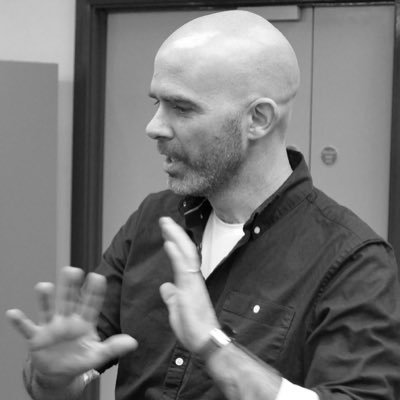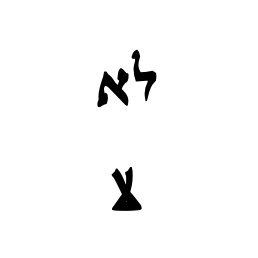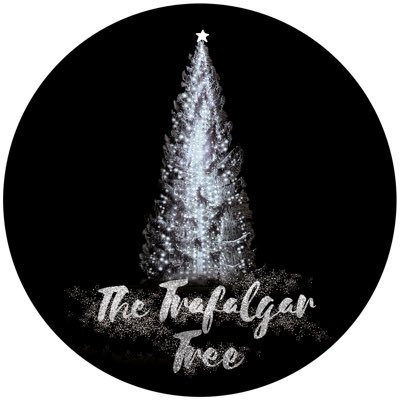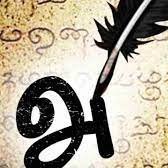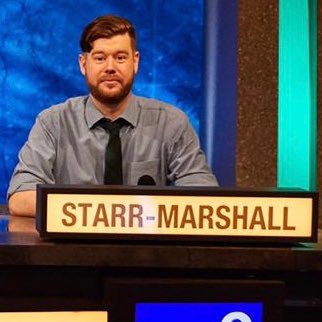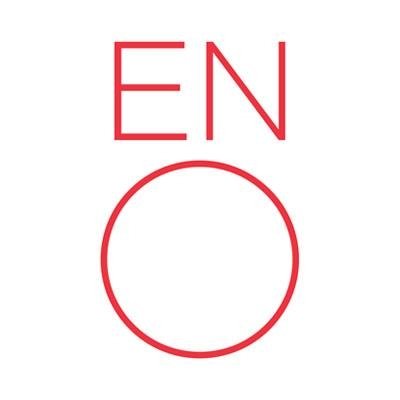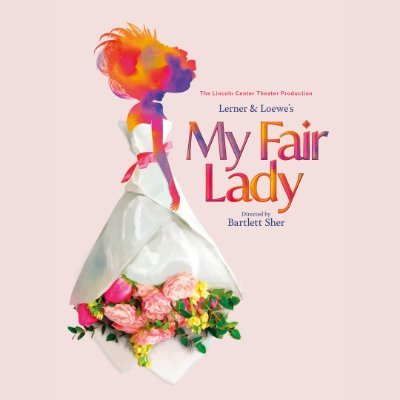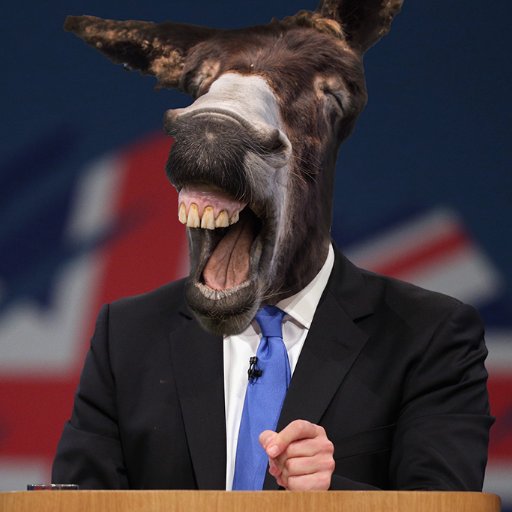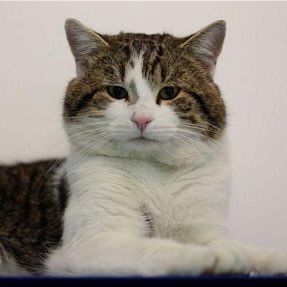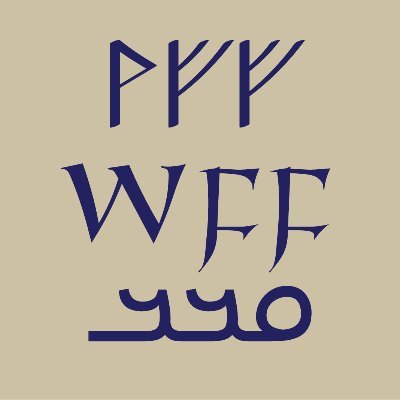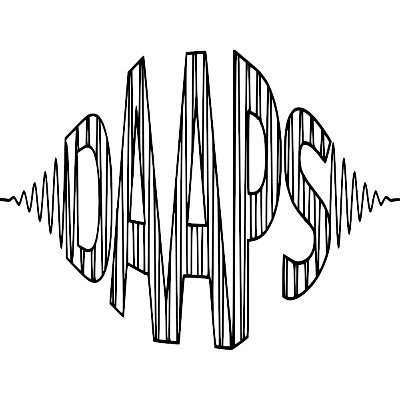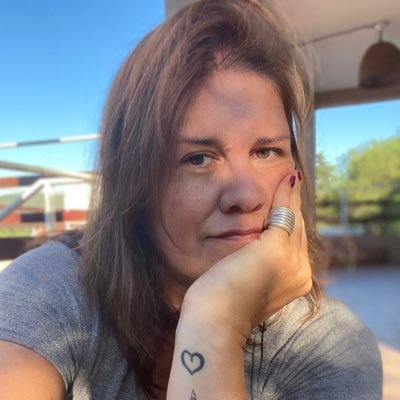
Luke Nicholson
@ImproveAccent– Accent Coach & Phonetics Enthusiast – Lecturer @UCLSCEP – Creator @soundsfunetic – Language learner – Sign up for my British Council award-nominated course 👇
Similar User

@GeoffLindsey

@PhoneticsLab
![[ˈdʒeɪn ˈsɛtəʳ ] 🌈 photo](https://pbs.twimg.com/profile_images/874968195484053505/7mOdZy8V_x96.jpg)
@JaneSetter

@DavidJohn1960

@rhoniball

@bea_wal

@SouthgateSols

@profelopezp

@InLocoEvents

@tillycroy

@NottsOsteopathy
Listen to my interview with Times Radio here: improveyouraccent.co.uk/wp-content/upl…
I really like the Australian word 'sanga' (meaning "sandwich"). It rhymes with 'banger' (a word commonly used in England meaning "sausage").
I always like how Australians place the main stress of "Fiji" on the 2nd syllable. For me (and I think most English people), it's on the 1st syllable.
Whereas household product packets in England may include translations in European languages, Asian languages may feature in Australia. I was pleased to see Thai and Vietnamese translations on the back of the floss packet I bought in Brisbane.
Despite my familiarity with many Australian hypocoristics (sunnies, barbie, mozzies), I didn't understand someone when they talked about 'pokies' and had to ask for an explanation (it means poker machines or slot machines).
I've heard variable rhoticity in Australian English from speakers with South Asian and East Asian heritage. I've also heard variable rhoticity from White Australian English speakers. My suspicion is that White speakers sometimes use linking R + glottal stop + vowel-initial word.
The next two weeks will have my thoughts on Australian English (as I spent time in Oz recently). I noticed a lot of uptalk (unsurprisingly) in Australia. What struck me was how often both male and female speakers entered falsetto as their pitch went up.
How’s your Australian geography/Arabic script knowledge? Can you work out the place names? I took this picture on a Qatar airways flight.

I recently flew from Doha to Brisbane. It was fun reading the Arabic transliterations of Australian place names on the departures board!

I heard actor Kevin Dunn (from Chicago) in the American sitcom Veep pronouncing "subpoena[ɹ]ing" with an "intrusive R".
I came across a video of a teacher (L1 English speaker, SSBE) teaching pronunciation of words ending in /l/. This teacher usually uses L-vocalisation, but used Light Ls when demonstrating the words slowly, which meant that they had a quite different accent to their usual one.
Pronunciation is never "neutral". Phonemic categories (as well as their phonetic realisations) are always accent-specific.
It's common for speakers who don't have /h/ in their L1 to occasionally add [h] to vowel-initial words in English. Listen to Laura Pausini singing: "Ring through my [h]ears and sting my eyes". (Note that "eyes" starts with a glottal stop.) youtu.be/aS_b_mqeJ2U?t=…
I always find it very interesting listening to L1 English speakers learn new languages. In my beginner Arabic class there are learners who (unsurprisingly) find it tricky to create and perceive the difference between Arabic خ [x] and ح [ħ]. Similarly, خ [x] and غ [ɣ].
Is the final syllable of "Halloween" (1) "ween", or (2) "een"? 🎃 👻
A recent cryptic crossword clue with some phonetic fun: "Identical essay read aloud by yours truly (4)". Can you work out the answer?
United States Trends
- 1. Cowboys 58,8 B posts
- 2. Cooper Rush 10,7 B posts
- 3. Texans 54,4 B posts
- 4. Mike McCarthy 2.422 posts
- 5. Trey Lance 2.676 posts
- 6. #WWERaw 59,7 B posts
- 7. Mixon 14,6 B posts
- 8. #HOUvsDAL 8.292 posts
- 9. Sixers 10,1 B posts
- 10. Keon Ellis N/A
- 11. Pulisic 20,2 B posts
- 12. Aubrey 15,4 B posts
- 13. Derek Barnett 1.534 posts
- 14. Pitre 1.322 posts
- 15. Zack Martin N/A
- 16. #HTownMade 3.129 posts
- 17. #USMNT 3.356 posts
- 18. #AskShadow 6.262 posts
- 19. Guyton 1.249 posts
- 20. The Herta 10,7 B posts
Who to follow
-
 Geoff Lindsey
Geoff Lindsey
@GeoffLindsey -
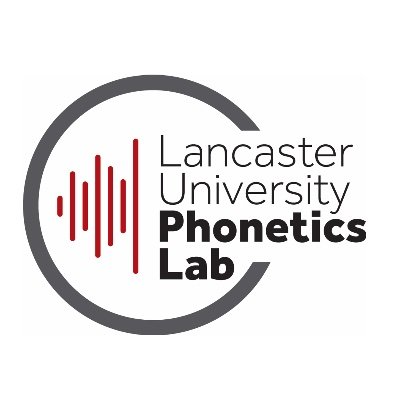 Lancaster University Phonetics Lab
Lancaster University Phonetics Lab
@PhoneticsLab -
![[ˈdʒeɪn ˈsɛtəʳ ] 🌈 photo](https://pbs.twimg.com/profile_images/874968195484053505/7mOdZy8V.jpg) [ˈdʒeɪn ˈsɛtəʳ ] 🌈
[ˈdʒeɪn ˈsɛtəʳ ] 🌈
@JaneSetter -
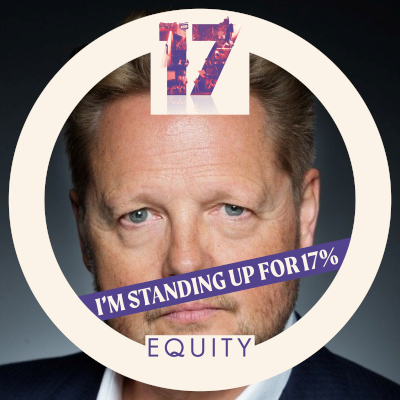 David John
David John
@DavidJohn1960 -
 R Honiball
R Honiball
@rhoniball -
 bɛˈata vaˈlɛɕak
bɛˈata vaˈlɛɕak
@bea_wal -
 southgate solicitors
southgate solicitors
@SouthgateSols -
 Cristian A. Lopez P
Cristian A. Lopez P
@profelopezp -
 InLoco Events Ltd
InLoco Events Ltd
@InLocoEvents -
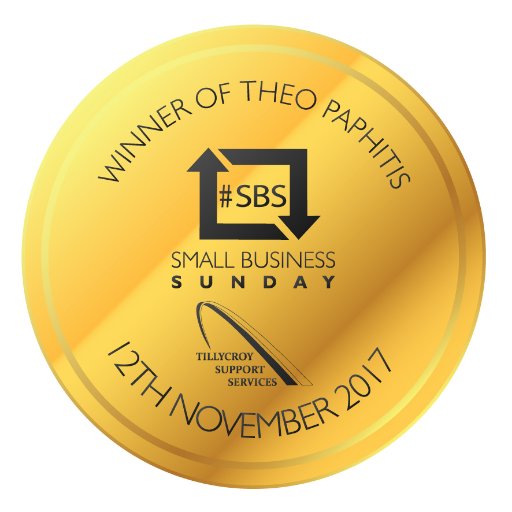 Tillycroy Support Services
Tillycroy Support Services
@tillycroy -
 Alex Szabo
Alex Szabo
@NottsOsteopathy
Something went wrong.
Something went wrong.






